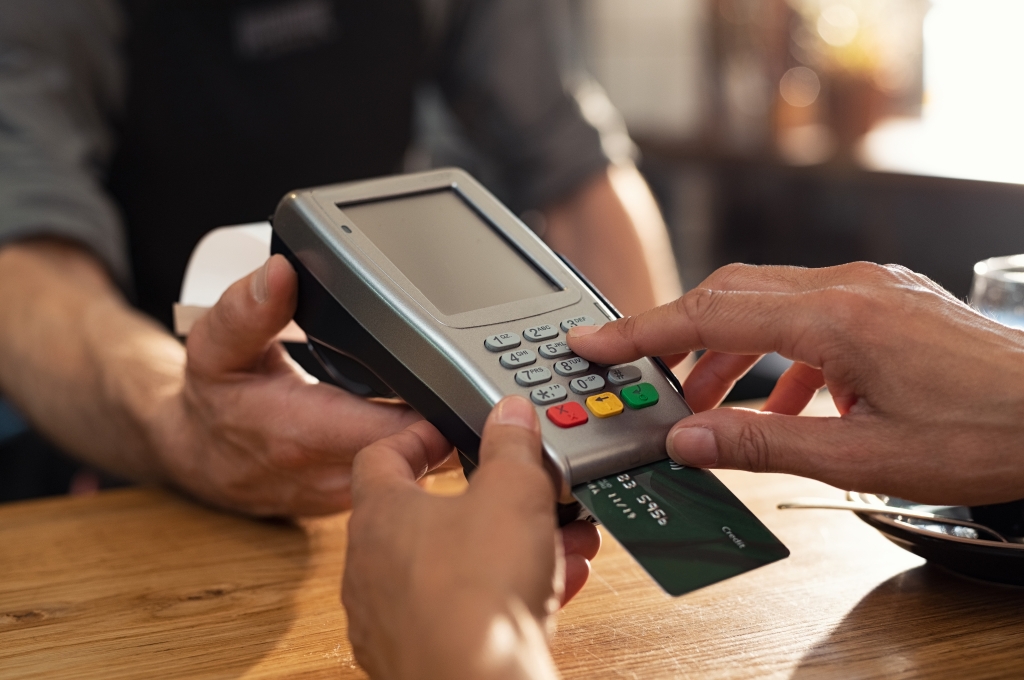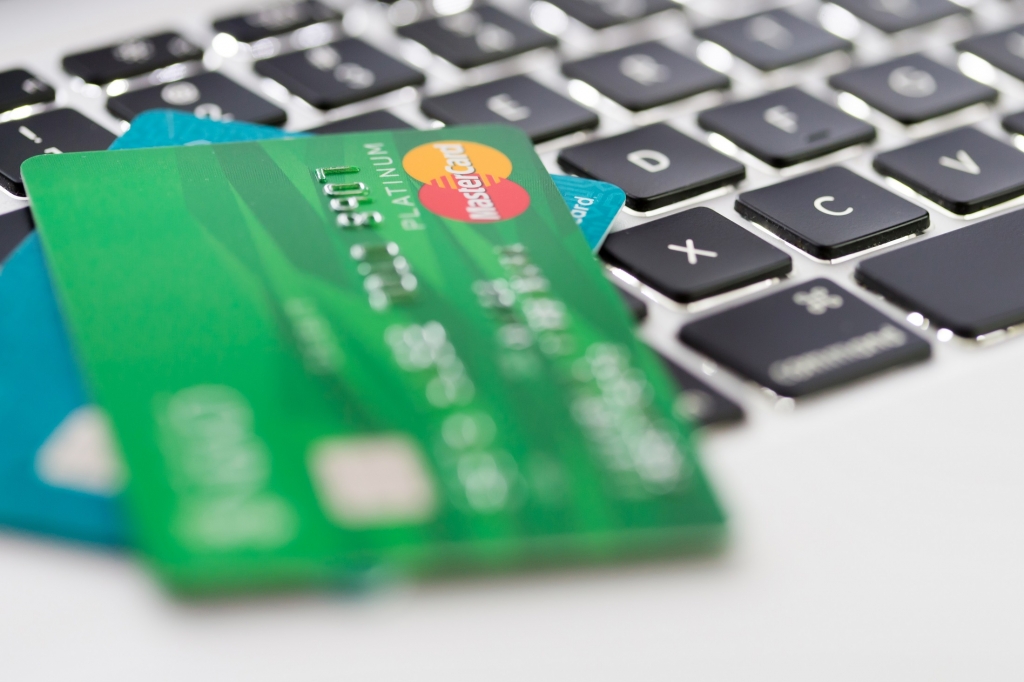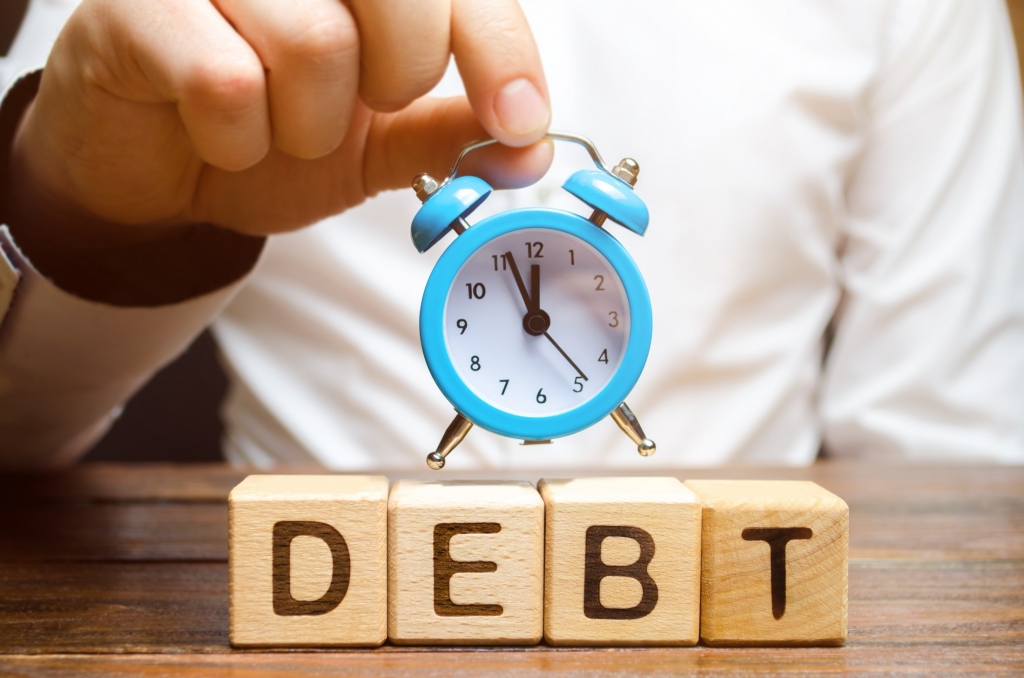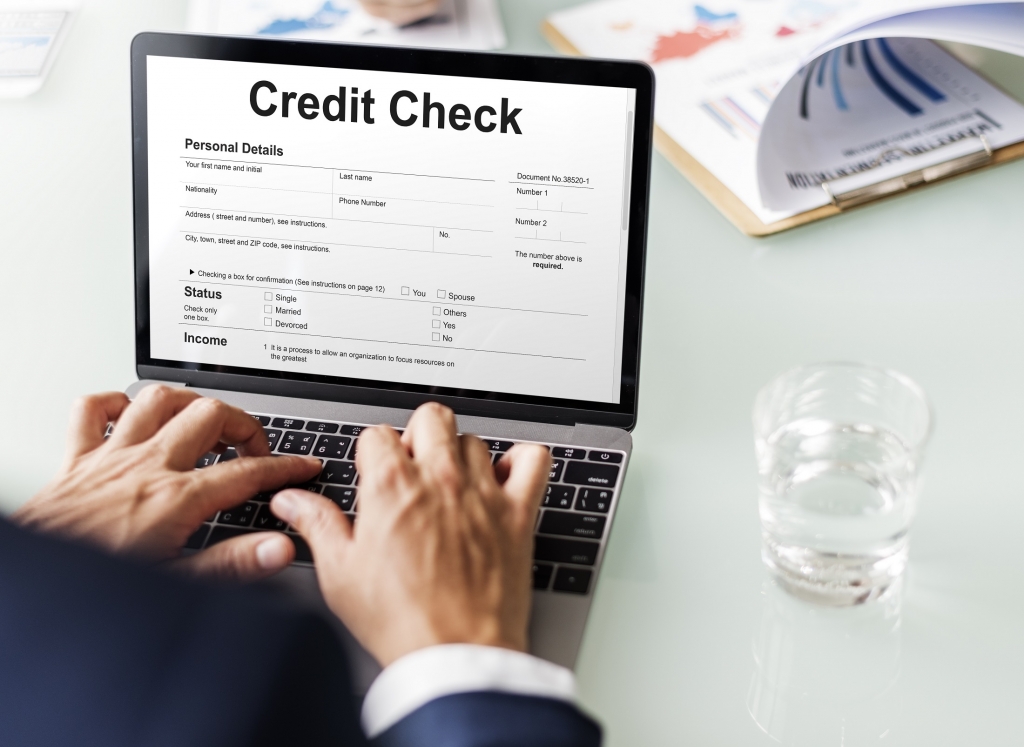A credit score is essentially a measure or grade of how good your credit is. The score is expressed in a number ranging from 300 to 850, with a higher number being better. Credit reporting agency Experian defines credit as the ability to borrow money or access goods or services with the understanding that you’ll pay later. Your credit is generally graded on your ability to pay off debt, from groceries bought with your credit card to very costly purchases like a car or a home. It is also affected by your amount of debt and your reliability of paying your monthly bills and debt payments. If you have missed payments, it will hinder your score, and if you pay everything on time, it will benefit your score.
What is it used for?
Banks, property owners, and car dealerships review your credit score before approving you to take out a loan, obtain a credit card, buy a mortgage or rent an apartment, or buy a car.
Having a high score shows them that you will reliably pay back your debts or pay your bills on time. Having a low score could mean that you are given a loan, credit card, home mortgage, or car purchase with a higher interest rate, or that they could even refuse to sell you a home or car or give you a loan. In the eyes of a potential loaner, a good score is usually considered to be 700 or higher, and under 600 is considered to be bad. If you have a high number score, you will likely be offered lower interest rates for loans and credit cards and the opposite for a low score. Employers even look at your credit score during their background checks.
What factors into your score?
There are specific factors that determine the number you receive as your credit score.
- Payment history = 35%. Paying your bills, paying for credit card spending, and making payments for any loans factors into this aspect of your score.
- Your current debt = 30%. If you have a mountain of debt you already have to pay off, a business may hesitate to believe that you can pay off more debt if they were to give you a loan. This is especially unfortunate for college graduates with student debt, as it can hinder their credit long-term. They may be offered loans with higher interest rates for years and decades to come, plunging them into even more debt.
- The length of your credit history = 15%. How many years have you used a credit card or had loans? If the answer is only a few years, you may have difficulty getting approved for loans, especially large ones. This is an unfortunate hindrance, but not a total roadblock for people who want to take out a loan, rent an apartment, or purchase a home or car but have not had decades to build up a credit score.
- New credit = 10%. This is based on how many loans or credit cards you have applied for recently.
- Types of credit = 10%. This is based on different types of debt you have, from credit cards to car payments to mortgages to student loans. Having a variety of credit history is good for your score, and this is another challenge for many young adults and others who don’t have a variety of credit history.
To develop your credit score without spending big money on loans such as for college tuition, a car, or a home, a great place to start is by obtaining a credit card and using it when you shop. If a credit card is your only form of debt and you always pay it off on time, you will likely have a high credit score.
Credit cards and credit scores
Credit cards are generally easy to apply for and become approved for, even if you have no credit history. Be wary: they have very high interest rates, usually ranging from 15% to 20%. According to WalletHub, the highest credit card interest rate in the U.S. is 36%. These are If you spend $100 on groceries using your credit card and don’t pay it off within a month, the interest could increase that debt to over $115. Make sure to pay off your credit card on time, or else you will owe much more than the cost of your purchase.

A credit card is not free money. Don’t spend more than you can afford to pay off quickly, or else your credit score will be damaged when you don’t pay, or don’t pay the full amount. Ideally, never spend more than you will pay off within a month: this way you will never have a single dollar of credit card debt. Banks, retailers, and airlines who provide credit cards will review your credit history and income to determine the interest rate and a spending limit of the card they will give you. The more money you make and the less debt you have, the higher the spending limit and lower the interest rate you are likely to receive. A spending limit could range from under $2000 to over $5000.
Some retailers give you discounts or “cashback” for making purchases from them with your credit card, and airlines give credit card holders extra “miles” to spend on flights and other rewards. Target’s RedCard gives you 5% cashback when you use their card at their store. If you use your RedCard at the Target checkout to purchase $100 worth of items, you can go to your online account to put $5 towards paying off your card, getting a gift card, or transferring the “cash,” that $5, to your bank account. Amazon.com also has a credit card offering 3% cashback when you purchase items from them or Whole Foods using their card. Many credit cards offering cashback that are not associated with retailers provide smaller rewards, such as 1% on all purchases or 2% at restaurants.

Don’t feel that you have to use a credit card for every purchase. Using cash or debit cards can help you better account for your expenses and resist overspending because the amount of money you have available to spend seems more tangible.
Businesses and financial institutions do a lot of advertising, encouraging you to obtain their credit cards. Many cards are free to obtain, while some charge a one-time or annual fee. If you already have a card from a company, they may invite you to apply for a second one, and then a third. If you want to, you could obtain a dozen or more cards from various businesses, banks, and credit unions. Using more credit cards could lead you to lose track of which cards need to be paid off, increasing your debt with interest if you don’t pay off all of your cards in time, lowering your credit score. Possessing three credit cards is a good maximum number.
Credit cards are designed to incentivize your spending in order to increase your debt. Think of it like this: if you loan someone $100 to use and they don’t pay you back within a month, but they pay you back next month instead, you get $115 from them at a 15% interest rate. In another month without them paying, their debt compounds to owing you $132.25. Who wouldn’t want that kind of return from giving someone a loan? Credit card providers make billions of dollars every year from people’s debt snowballing. According to The Balance, in 2019 the average American owed over $6000 in credit card debt!

A credit card does not by default take money out of your bank account, so don’t forget to pay off your debt before it is due. Many cards allow you to set up automated payments, but otherwise, you have to go to your online account to transfer money from a bank account to pay off your credit card after making purchases.
How to find out your score
There are three companies called credit bureaus that legally collect Americans’ financial data and can provide you with your score in a credit report if you request it. The U.S. government requires each of these bureaus to offer each person one free report each year. For more information about how to obtain a report, visit the Federal Trade Commission website.

You should check your score regularly: at least three times per year. You could be a victim of fraud, or your report could contain errors that lower your score. Make sure to review your report for accuracy and get problems fixed as soon as you can and before you apply for any loans or new credit cards. If you have a low credit score and are offered a mortgage to purchase a home, a higher interest rate could cost you tens of thousands of dollars more than a lower one over the time it takes to pay off your home. Each state has laws limiting how high of an interest rate you can be charged for loans.
In conclusion
Your credit score is the primary measure by which your financial well-being and reliability will be judged. The number continually fluctuates. It is vital to your financial health to do everything you can to be able to have a good score by paying your bills and loan payments on time and reducing and ideally eliminating your debt.


